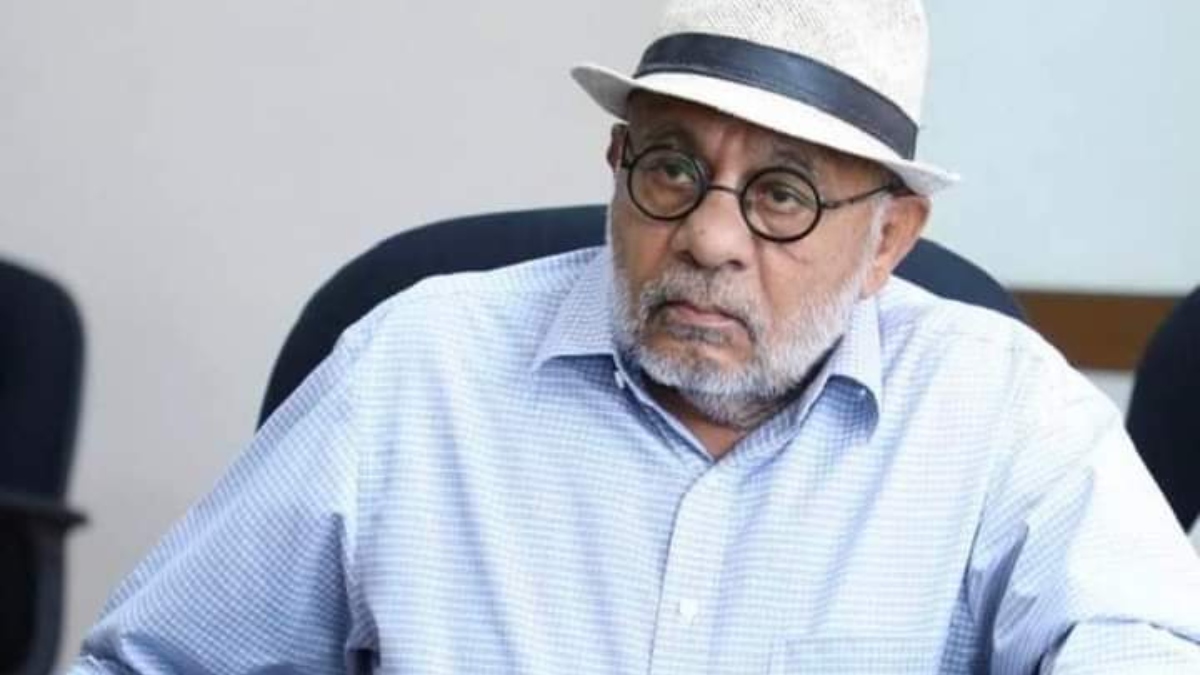When Richard Tognetti first took over as leader and artistic director of the Australian Chamber Orchestra nearly 35 years ago he was bursting with ideas on how to shake up the staid world of chamber music. But the first order of business for the 24-year-old virtuoso was to remove most of the players’ chairs. “At the very first concert, I said, ‘Get up.
’ There were some people who couldn’t, and there were some who didn’t want to and said, ‘Oh, I can’t play.’” Richard Tognetti in the ACO’s Walsh Bay headquarters with his $10 million 1743 Guarneri del Gesù violin. Credit: James Brickwood But despite those objections, standing to play has been an ACO trademark ever since.

“It gives breathing, freedom and energy,” says Tognetti. “Now a lot of orchestras around the world are standing.” As Tognetti prepares for his 35th anniversary at the helm of the ACO next year, the 17-piece ensemble will also mark its 50th birthday.
In those 35 years, the ACO has established a reputation for risk-taking and boundary pushing that are a far cry from the program of Haydn and Bach they first presented in November 1975. “It started off playing mainstream repertoire and was very much part of the European/British musical establishment,” says Tognetti. “It wasn’t driven by working out what the state of play was in the world’s musics.
That changed in 1990 because I was very interested in what was happening over the other side of the fence.” Peering over the musical fence has since become the trademark of the ACO. They have collaborated with artists ranging from Michael Leunig and the National’s Bryce Dessner to filmmaker Jennifer Peedom and didgeridoo virtuoso and composer William Barton.
Alongside the eclectic partnerships and commissions, the ACO pioneered a revolutionary sound based on the use of gut strings and period instruments. “People hated it at the time,” says Tognetti. “They wanted their music with full-on vibrato and played in a certain tempo.
A lot of people got their sense of Mozart, Bach and Brahms from records, and so they turn up to a concert, and suddenly it sounds vastly different.” Tognetti is speaking from the ACO’s new home at Pier 2/3, Walsh Bay. With its sparking harbour and custom-designed performance space it is a far cry from the claustrophobic underground offices they formerly occupied on east Circular Quay.
The bright, new premises, complete with 100-year lease, also serves as an apt metaphor as the ACO looks to its 50th year in a solid financial position after its near-death COVID experience. The ACO’s 50th anniversary program, unveiled today, is as eclectic as ever, ranging from Bach and Beethoven to the Beach Boys and Australian composer Nigel Westlake. It also includes theremin virtuoso Carolina Eyck.
Tognetti is clearly energised by the plans for 2025, and has long since stopped worrying about alienating audiences with left-field programming. “You’re always going to alienate some people,” he says. “But if we were to just play Mozart in a stodgy way, hopefully we’d be alienating more people than if we went along this path.
” The Booklist is a weekly newsletter for book lovers from books editor Jason Steger. Get it delivered every Friday ..



















